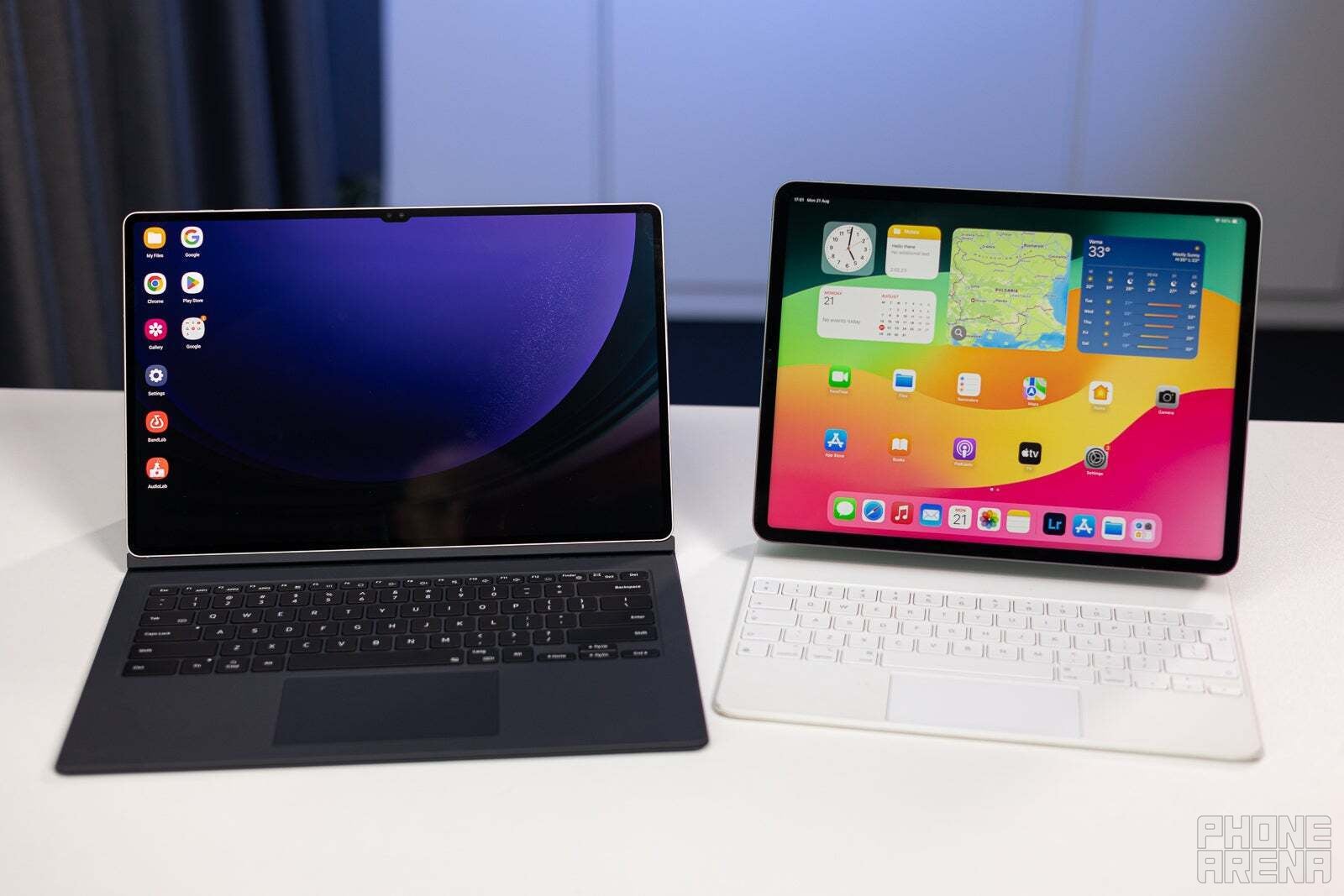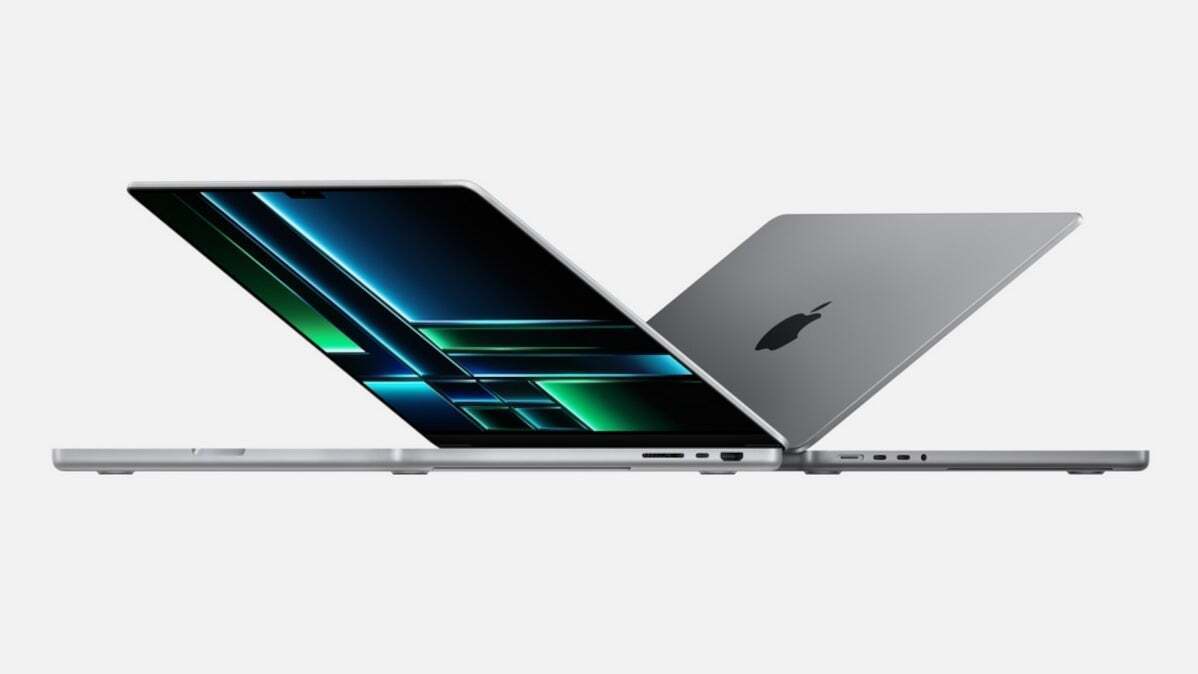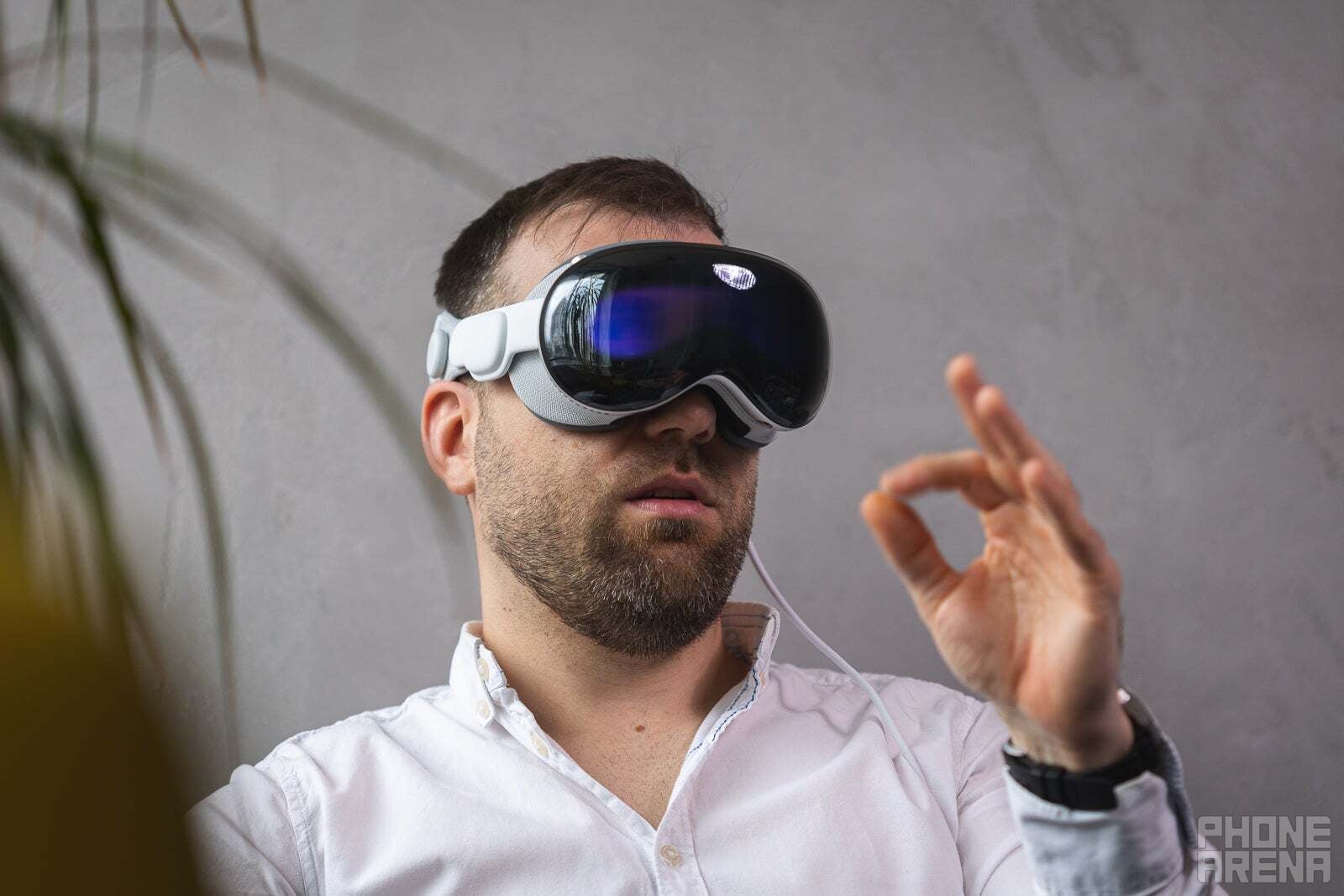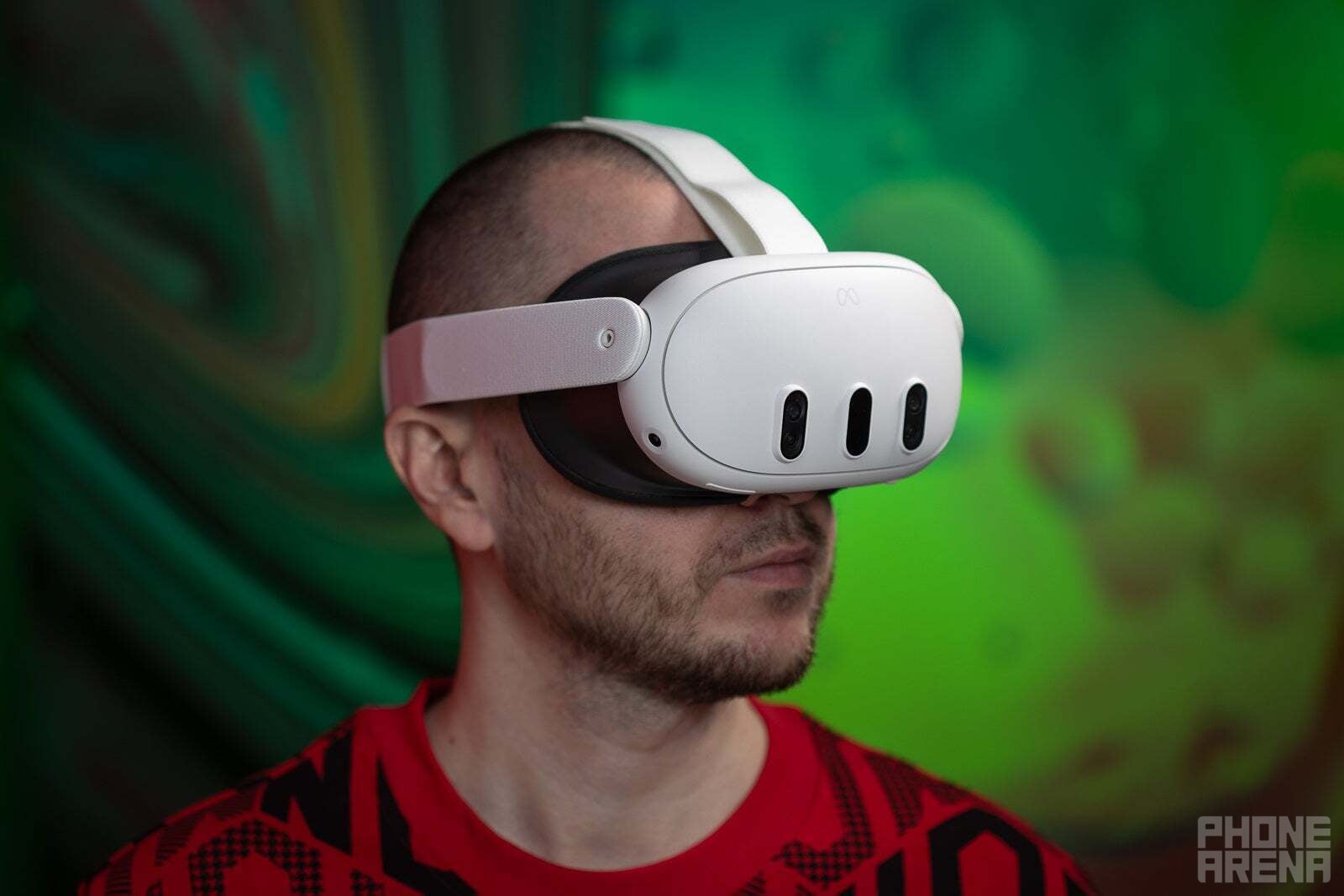Say what you will about Apple, but we can all agree that it’s a predictable company. We get our small annual software and hardware upgrades, and if there’s a bigger one – it’s not a big surprise, thanks to the inevitable leaks.
The iPhone company is rarely on the cutting edge of new ideas, but instead tends to wait for features to mature, before it deems them good enough to adopt on its own devices. Examples include always-on display, 120Hz displays, or, in the upcoming iOS 18 update – more control over one’s home screen.
For whatever reason, Apple is slow to adopt industry standard features, but when it does, it usually finds a way to make its own implementation extra appealing.
Whether that’s just good marketing or truly a more polished and useful implementation of a traditional feature (the notch comes to mind, which Apple implemented as a “Dynamic Island”) is up for debate.
But in recent years, I’ve noticed Apple doing things that are quite unexpected and out of character for the company, to say the least.
Unusual releases, surprising leaks claiming the company is working on products you’d think it would never bother with… And on top of all that, Apple seemingly completely lost focus for one of its most popular devices… Let’s talk about that first.
The iPad is becoming more and more PC-like, yet is still kept forcibly dumbed down. That first part was quite surprising to long-time iPad users like myself…
For many years the iPad was just a big iPhone. Tablets were a novelty when the first Apple i-slab was released, so it didn’t need to be anything more than a touch-screen web browser.
The iPad didn’t have any of that until surprisingly late in its lifespan, and iPad users like myself were openly upset about it, because the hardware was more than capable.
Unfortunately now in 2024, we’re still in a similar spot – the iPad’s hardware is insanely capable, but the software is still… iOS with a few extra features, such as (eventually) that mouse and keyboard support, files manager, and a very clunky and unintuitive desktop mode-like feature – Stage Manager.
Still, to the surprise of many long-time Apple users, the company is actually pushing the iPad as a “computer” now, it’s selling a second-gen Magic Keyboard with a trackpad for it; it’s not just a tablet anymore.
All of the sudden Apple had a change of heart, and decided to – almost – make the iPad a computer. But it doesn’t go all the way, so you’re still inclined to buy a MacBook too.
I won’t go into why this is extremely frustrating – watching your favorite piece of hardware remain limited by software, when you know it can easily run a desktop operating system, or at the very least, iPadOS could get better desktop features, as it should…
I’m just surprised Apple took the iPad so far in the first place. It was so stubborn to even give the iPad mouse support, yet now it’s pushing keyboards and trackpads on it, and it’s trying to position it as the ultimate productivity machine. What happened?
And perhaps more intriguingly – where is this really going, if anywhere? The iPad is now in this awkward stage of trying to be a computer, but being limited by its OS (operating system), while doubling as a casual user’s tablet at the same time.
It has two types of window management you can choose from – the tablet Split View and Slide Over, and the desktop, MacOS-like Stage Manager. It has a mouse cursor, but it’s actually a little circle. It has file management, but it’s extremely underdeveloped.
It has external display support, finally, for working on up to two displays, but without basic features like setting the external screen’s resolution, volume, or even the ability to pull down the Control Center on it. You can’t use only the external screen either, “closing the lid” on the iPad shuts down everything.
It has a desktop-class Safari web browser, but you’re still forced into apps (or annoying “download our app” popups) as soon as you open a website that has one. And your Zoom call awkwardly and irreversibly mutes if you play a video in another tab, unlike how it works on a “real” laptop.

We could argue that the Samsung Galaxy Tab S9 Ultra (left) does the whole computer thing way better, and Apple is pressured to play catch-up (Image credit – PhoneArena)
So what is the iPad supposed to be? Besides extremely convoluted and unfocused now? And why did Apple take it in that direction? Is this really where it’s doomed to stay – in this awkward not-a-true-computer-but-kind-of state? Very odd.
I can’t help but think Apple felt pressured by the competition (namely Samsung Galaxy Tab), as well as its own users, to give us some desktop features, throw us a bone.
The iPad is running the same processor as MacBooks. It’s fully capable of doing “real work”, and in fact – a lot of people use it for real work. Apple gets that we want an iPad with a Magic Keyboard and Trackpad that looks like a laptop, has the same processor as a laptop, to work like a laptop.
And in a surprising change of heart, it actually gave us some of the “real laptop” features we wanted. But as an unsurprising caveat, it still keeps the iPad prisoner of its own limited iPhone-like operating system, so we must still also buy a MacBook…
Folding MacBooks and iPhones – really? That’s actually being worked on?


Considering what we just covered, I don’t think anyone would be like “Yeah, it’s Apple’s hardware that needs changing…”
But apparently that’s exactly what Apple is thinking, as we keep hearing intel that it’s working on both folding iPhones, iPads, and – far more surprisingly for Apple – a folding MacBook.
If there’s one thing I’m sure most of us can agree on – Apple’s hardware is pretty much perfect. I can’t stress enough how the software is what needs to be addressed, at least when it comes to the iPad. It doesn’t need to fold nearly as badly as it needs to be more capable; the software needs to start keeping up with the already-excellent hardware.
As for the foldable MacBook – that’s almost insane to think of, that Apple is even considering this right now, let alone planning to actually release it in 2026, as reliable leaker Ming-Chi Kuo claims.
Folding Windows laptops are barely a thing – they exist, but they’re far from ideal. Clunky, expensive, unpolished, and struggling to find an identity, and an ideal use case. So why would Apple want to enter that barely-existing market? The company that normally keeps it safe, and as we mentioned earlier – takes a good, long time for technology to mature, before it adopts it?
Then again, Apple did exactly the opposite of its old strategy recently, with none other than its Apple Vision Pro headset…
That AR/VR headset was pretty unexpected


The Apple Vision Pro (Image credit – PhoneArena)
Again, it really seems like Apple is feeling pressured to innovate, and freshen up its device catalog. Like foldable laptops, the AR/VR market can be considered pretty niche and still in its awkward not-ready-for-the-mainstream phase.The technology has a way to go, yet Apple went and did what I would’ve never guessed, and released an extremely costly product that didn’t feel much above what non-Apple AR/VR headsets are capable of.
Don’t get me wrong, the Apple Vision Pro is pretty amazing in so many ways, like its intuitive eye tracking and hand tracking-powered control scheme, powerful hardware (theoretically) capable of iPad-grade productivity, sharp screens and high quality speakers. But it costs $3,500.
That’s about $3,000 more than the average AR/VR enthusiast is used to paying for a headset, thanks to Meta’s Quest 3 costing just $499, and its older Quest 2 basically being given away for around $199 these days.


The popular Meta Quest 3 headset here is $499 (Image credit – PhoneArena)
Before the Apple Vision Pro came out, there were talks that this would be Apple CEO Tim Cook‘s magnum opus; the most important product release during his Apple reign. But now we’re hearing of foldable MacBooks, iPads, and even iPhones, not to mention the huge Siri AI updates we’re expecting this year, kind of overshadowing the Vision Pro.
If there’s such a huge line-up of new and exciting, but mostly risky and surprisingly unusual Apple releases to come, was the Vision Pro really so important to Apple?
So what’s going on here? Apple is finally feeling pressured by, and scared of the competition?
What do you think of all this? Is Apple finally feeling pressured by all the competition, and desperately trying to enter new and underdeveloped product markets, in an effort to compete with the likes of Meta, Samsung and OpenAI?
Apple’s stock prices did see a noticeable fall since the start of this year, but have been swiftly normalizing as of last month, so what’s really going on? Why the sudden willingness to do what Apple normally does not – which is to take huge risks with new, and niche devices?
Or is this behavior simply our little confirmation that foldables and AR/VR are here to stay, and Apple’s big brain analysis has come to the same conclusion?
In any case, brace for more Apple AR/VR headsets, and foldable MacBooks in the coming years. The Apple Vision Pro arguably didn’t make much of a splash, at least not as big as some of us expected, so let’s see if Apple’s foldables do.
